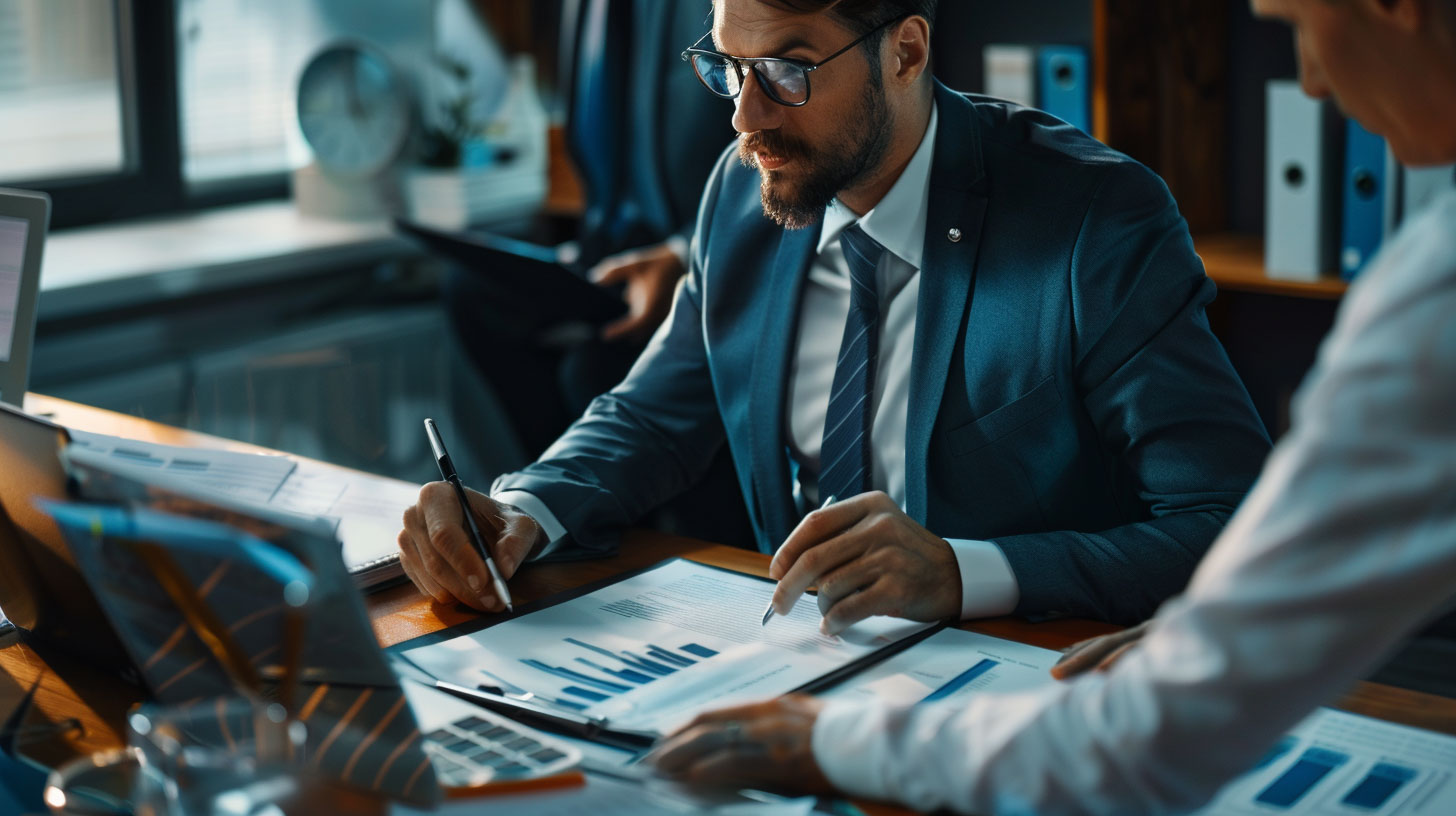The Democratic Republic of Timor-Leste, commonly known as East Timor, is a Southeast Asian nation occupying half the island of Timor. Since gaining independence from Indonesia in 2002, Timor-Leste has made significant strides in developing its economy and creating a welcoming environment for foreign investors. However, the nation’s business landscape presents a unique mix of opportunities and challenges that requires a detailed understanding.
Economic Overview
Timor-Leste’s economy is heavily dependent on oil and gas revenues, which constitute the bulk of its GDP. These revenues are primarily invested in the Petroleum Fund, a sovereign wealth fund, which aims to provide long-term financial stability. However, fluctuations in global oil prices have highlighted the need for economic diversification.
Apart from petroleum, other important sectors include agriculture, fisheries, and tourism. Agriculture employs a significant portion of the population, with coffee being the primary export. The country’s picturesque landscapes, rich marine biodiversity, and cultural heritage offer untapped potential for the tourism industry.
Government Policies and Incentives
The Timorese government is actively working to attract foreign direct investment (FDI) through various incentives and policies. These include tax holidays, exemptions on import duties for key sectors, and investment allowances. The government has also established Special Economic Zones (SEZs) to provide infrastructure and facilities that foster a conducive environment for investors.
Furthermore, the government is implementing reforms to improve ease of doing business. Regulatory frameworks are being streamlined to make business registration faster and more efficient. These reforms signify a commitment to creating a business-friendly climate.
Challenges and Risks
While Timor-Leste offers promising opportunities, it also presents a set of challenges that investors must navigate. The infrastructure in the country is still developing, with ongoing efforts to improve roads, ports, and telecommunications. Energy supply can be inconsistent, impacting business operations.
Additionally, there is a skills gap in the local workforce. The education system is still being developed, and vocational training opportunities are not yet sufficient to meet market demands. Investors may need to invest in training programs to develop a skilled labor force.
Political stability is another critical factor. While Timor-Leste has been relatively stable in recent years, its history of political unrest cannot be ignored. Investors must be prepared to navigate potential political uncertainties.
Success Stories
Despite the challenges, there are several success stories of businesses thriving in Timor-Leste. For instance, the coffee industry has seen significant growth. Companies have initiated partnerships with local farmers, investing in quality improvement programs and sustainable practices. Tourism, though still in infancy, has garnered interest with emerging eco-resorts and adventure tourism operators tapping into the nation’s natural beauty.
The Road Ahead
Timor-Leste’s business climate is evolving, with the government’s proactive approach playing a crucial role. By addressing infrastructural deficiencies and fostering human capital development, Timor-Leste can realize its full economic potential. For investors with a long-term vision, the nation offers a compelling blend of growth potential and untapped markets.
In summary, understanding Timor-Leste’s business climate requires a balanced view of its economic prospects and inherent challenges. With strategic planning and a collaborative approach with local stakeholders, investors can unlock significant opportunities in this emerging Southeast Asian economy.
Suggested Related Links about Timor-Leste’s Business Climate: An Investor’s Perspective:
